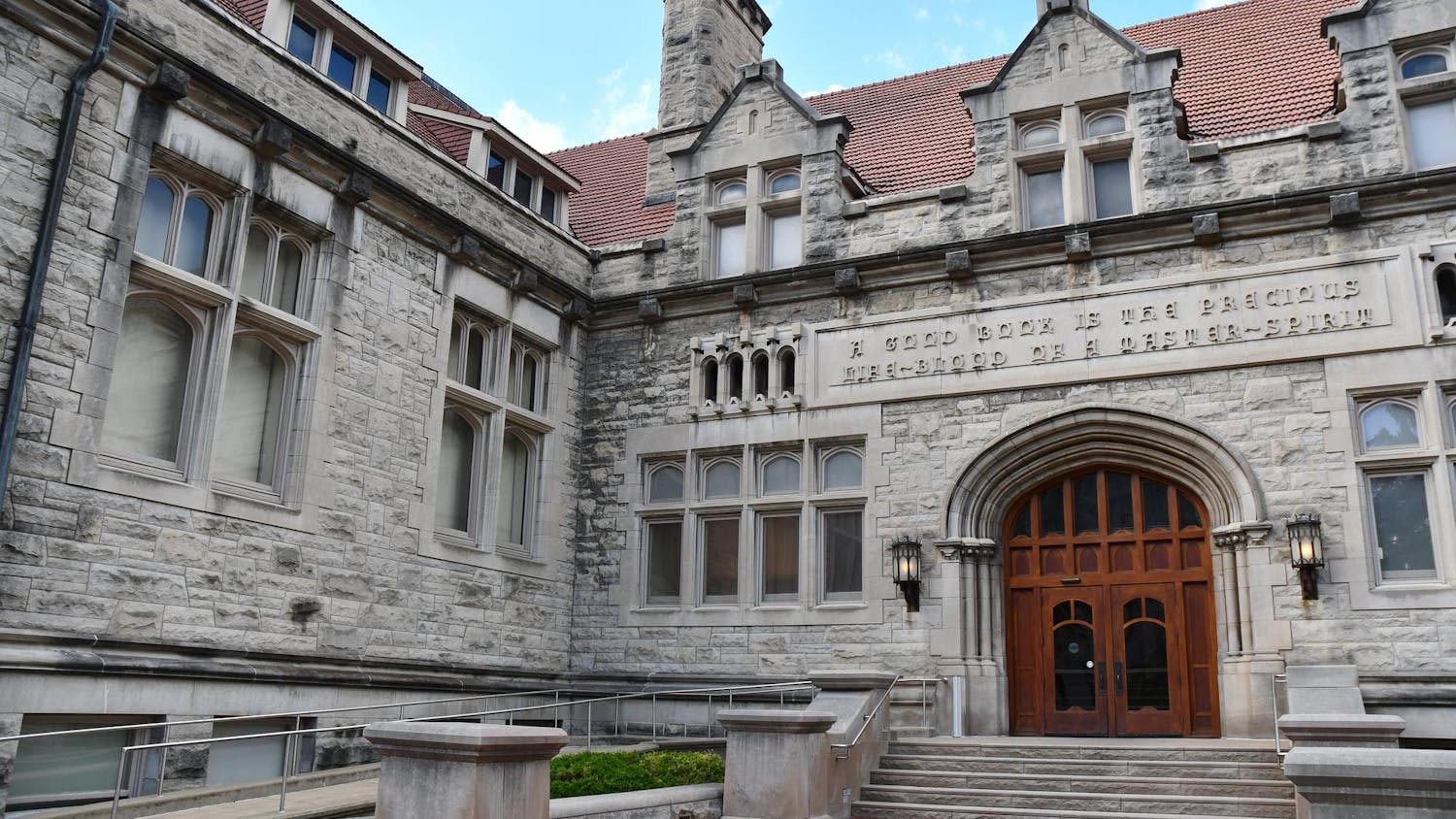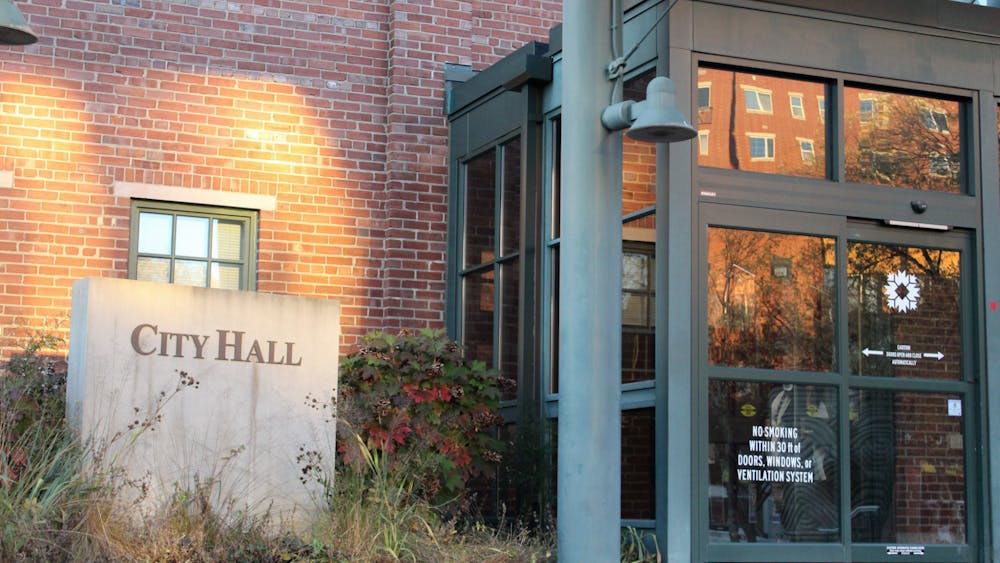Four years of study, a two-hour ceremony and a $75 starched gown later, more than 8,800 IU-Bloomington students filed into Assembly Hall in May to receive their diploma — a first-class ticket to real life and guarantee into the middle class.
But with tuition rates rising and alternatives to a four-year degree available, some wonder if the four years were worth it.
Put it this way: If you had $40,000 and four years to turn the average 18-year-old into a better citizen, scholar and worker by the age of 22, would you invest in IU?
As more and more graduates are working as janitors, bartenders and truck drivers, many experts believe the answer is “no.”
Debate about the degree
IU spokesperson Mark Land is a first-generation college student. The question of college seemed obvious to him — of course he would attend IU, he said, and of course he would major in journalism.
From his high school junior year, Land counted the days until he could study in Bloomington.
But his parents didn’t go to college. They didn’t need to. Like many people during that time, their income was not dependent on a degree.
“In the 1980s, it was well accepted that a college education was helpful, but there were a lot of jobs you could do and make a good wage,” Land said. “Today, that pool is shrinking.”
Now, jobs that once required a high school diploma often merit a college degree. However, educational attainment has risen faster than the skill requirements employers are after.
In 2008, more than 60 percent of grads were under-employed or taking jobs they were
overqualified for.
A 2010 policy paper by The Center for College Affordability and Productivity argued this caused employer expectations to shift. Most retail sales managers and commodities workers are now required to have a college degree.
But Jonathan Robe, associate director of the center, argues it is not necessarily the skills these employers are after — although a brief background in calculus does help. He said it’s the signal a college degree sends employers.
“The people who wind up getting college degrees signal to employers they have more personal discipline, are more reliable and have better cognitive abilities,” Robe said. “It allows students to distinguish themselves from friends who just graduated from high school, even if they’re similar in just about every other aspect.”
Thus, a degree acts as a sorting mechanism in the workplace.
But could an associates degree or certificate offer the same signal?
It certainly would save money; the total cost of IU has increased 9 percent since 2008. And individuals could enter the workforce two years earlier than students in a
traditional, four-year program.
But Lauren Asher, president of the Institute for College Access and Success, argues that these benefits, and those qualifications, are not enough.
“If you complete an associates degree or certificate at a for-profit college you are more likely to be unemployed and default on your loans than if you drop out at a public or non-profit,” Asher said.
Data from Education Sector supports this claim.
This as an indication that students are either not receiving adequate training or are misled about the value of their degree, Asher said.
Either way, their award is sending a different signal than one from IU.
For now, this signal is justification enough for the class of 2016.
Tuition rate, alternative degrees lead graduates to question degree worth
Get stories like this in your inbox
Subscribe





